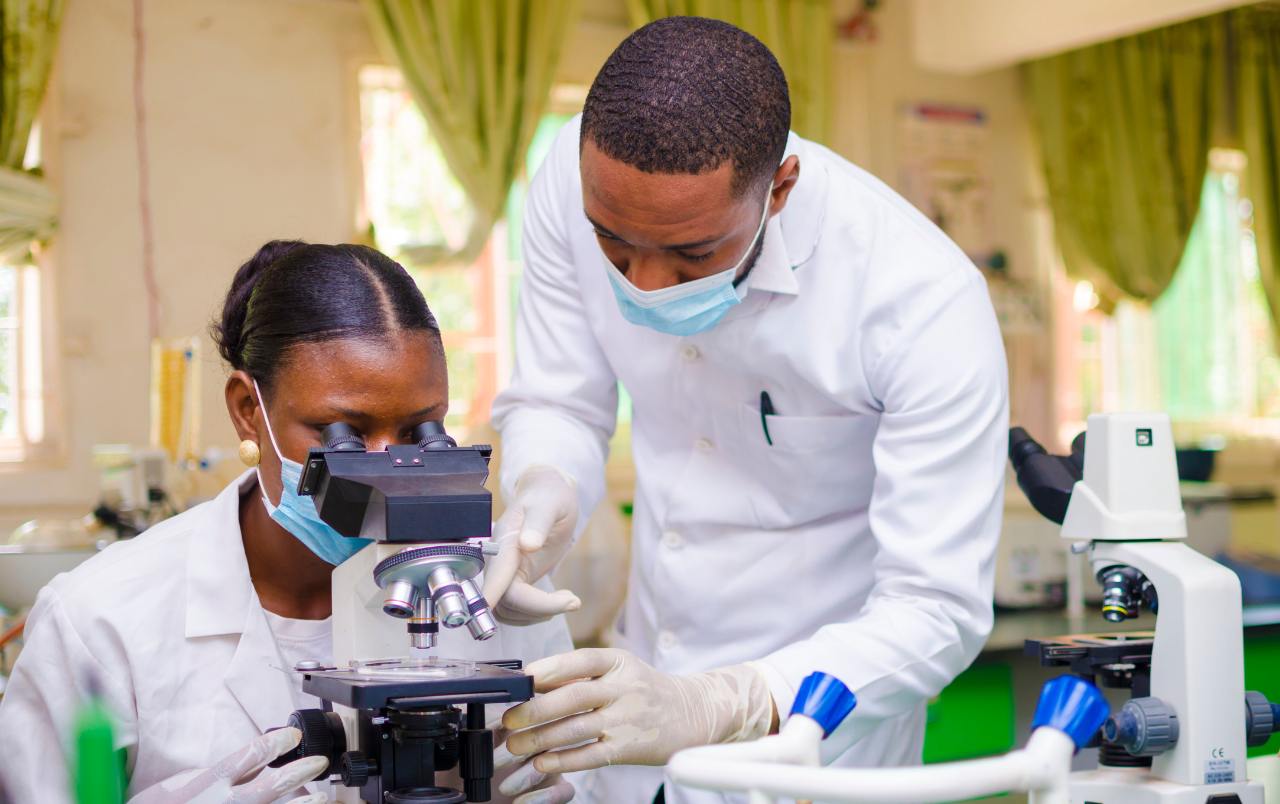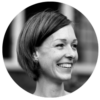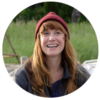The International Research Management Staff Development Programme (IRMSDP) advances equity in global research partnerships by promoting Southern leadership and shifting…
[This interview shares the story and lessons of the Centres for Exchange project. Haidee Bell, Participation Lead at the Wellcome Trust, and Lindsey Reynolds, founder and managing director of Pivot Collective, share their insights after working together from the perspective of a funder and a project lead. The interview is part of our collection on transforming research collaboration. It highlights efforts and challenges in reimagining partnerships for greater equity, with a focus on strengthening Southern-led approaches to research.]
What was the Wellcome Trust [hereafter referred to as ‘Wellcome’] trying to achieve with the Centres for Exchange, and how was it planning to do things differently?
Haidee: The Centres for Exchange project aimed to address inequities and asymmetries of knowledge in health research by developing a new concept or model for place-based knowledge exchange. We created the request for proposals in response to a body of evidence about the contingent relationship between researchers and communities in health research. Many in the health sector, including Wellcome, acknowledge that health knowledge systemically undervalues people’s experiences.
Pivot Collective then applied for this call. What was your strategy for this work, and what did you consider critical in making your proposal different?
Lindsey: When we first read the call for proposals, it felt clear that it would only be possible to move towards the aims of the project – to better understand knowledge exchange in health research and to design more effective and meaningful routes for communities to collaborate in research – with a collaborative approach. Given the project’s priority geographies (sub-Saharan Africa, Southeast Asia, and Latin America), it was very important to us that the centre of gravity for this work would be located within (and between) these contexts rather than in the UK.
In developing the proposal, we drew on our existing relationships and networks to bring together a collective working in the “middle ground” between research and engagement in the priority geographies. Drawing on their lived experiences, the collective embedded practices that informed our approach. Working collaboratively also enabled us to build the values and practices we wished to see embedded across the Centres.
What challenges did you face while implementing this project?
Lindsey: One challenge has been holding true to the commitments I mentioned in the face of the pressures linked to delivering on the ambitious scope of work. From the outset, we grappled with the tension between holding space for the processual and relational work that was central to the project’s core commitments and the need to rapidly produce learning outputs within the constraints of a deliverables-based contract. As the project unfolded, it felt more possible to shift away from this conventional output-based way of working and towards a more iterative, adaptive mode of producing and sharing knowledge.
Fostering the trust needed across distance has been challenging, though. The few times we could come together as a team cemented the relationships and cohered a sense of personal and professional commitment to the work.
The work started to unfold. What were the most important things that you learned from having a Global South consortium lead the learning for Wellcome?
Haidee: We were delighted to receive a response from the Global South consortium led by Pivot Collective. This felt like an important step in shifting the commentary about community engagement with research where the evidence about systemic challenges is still frequently led by Global North academics.
We learned a lot very quickly in this partnership. For example, in the first values-setting workshop, we learned the importance of funders sharing their priorities and needs in the work with the researchers as clearly and as early as possible.
The cycles of design and reflection allowed us to listen deeply to what was emerging. As a project team, this has meant that we spend time reflecting on power imbalance and our Global North position. As a result, the Centres for Exchange concept has shifted from something akin to place-based engagement labs to an ambition to foreground community knowledge and prioritise health equity in research.
If we had to design the proposal request again, I would push to include even fewer fixed deliverables to respond to insights at each stage.
As a funder, it is undoubtable that you hold resources and power. This can get in the way of better collaborations and learning. How did you manage this tension?
Haidee: Yes, of course – we hold power in the resources and the position we have as a global health institution. On top of that, there are more hidden aspects of power in how we operate, e.g. decision-making, procurement and funding processes, which can place additional limitations or burdens on our work with partners.
We seek to acknowledge this power in our relational work and clarify our intentions with any piece of work. This has been more challenging with this project, which is an experimental investment by Wellcome. We’ve not been able to confirm our long-term commitments in large part because, as a Community Engagement team, we are also trying to make the case to senior colleagues of the need to invest long-term in this work, and this requires evidence that this approach will support our vision for a healthier future for everyone.
We’ve tried to play the role of translators between the project team’s work and Wellcome’s broader mission – to listen and learn alongside the collective and find moments to intersect with other parts of the organisation. We’ve sometimes struggled to represent insights and progress work at Wellcome. One particular challenge was the use of language – corporately, there is still significant discomfort with terms like “decolonisation”. As a team, we have tried to balance representing the collective’s ambitions with gaining senior support. I’m also aware that some project partners felt concerned that we were softening the language around the concept we were designing together.
How is this initiative changing you, personally, and also your institutions?
Lindsey: In my academic work, I’ve written strong critiques of structures of power in health research, including in the space of engagement. However, this project has challenged me to explore collaborative approaches that work across hierarchies of power and within so-called structures of power in global health in order to actively work to transform them. In this project, we are engaging in important, sometimes uncomfortable, conversations across difference, as we try to talk openly about issues of power and privilege. Moving from the language of principles into pragmatic strategies that embody both a practice of decolonisation and an ethic of care has been intellectually challenging but also incredibly productive. This group has navigated these tensions beautifully. For me, this project has provided valuable learning about how to work transformation from within the “halls of power” by facilitating collaborative learning, critical conversation, and organisational change processes that support diverse power brokers in health and development to realise more meaningful partnerships and power-shifting practices.
Haidee: This project has allowed us at Wellcome to hone in on some of the hidden aspects of interactions and decision-making. We’re thinking about how we resource work, learn from different contexts and expertise, support grantees’ work, and engage with partners (including shifts towards language translation). This learning in our Community Engagement work is feeding into Wellcome’s more explicit strategic focus on health equity, making this project a valuable opportunity to shape the organisation’s future work.
Personally, it’s forced me to acknowledge that, however strong my commitment to collaborating with Global South colleagues is, I bring a lot of baggage as an employee of Wellcome! I’m more aware of this dynamic and my blindspots, though I’ve also understood more clearly that I have a role to play – as the lead of a team and someone with influence in the organisation – in opening up more candid conversations about how we work.
END OF INTERVIEW
[Explore other stories from our collection on transforming research collaboration and engage with ideas envisioning a more equitable future for research. ]




